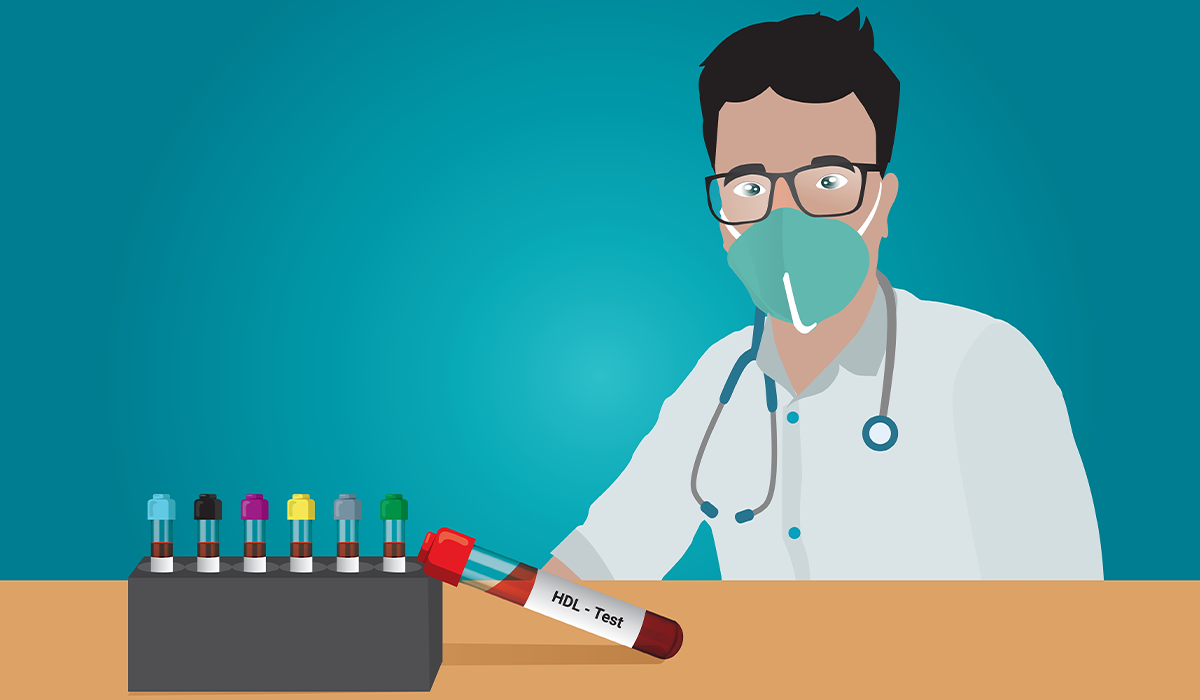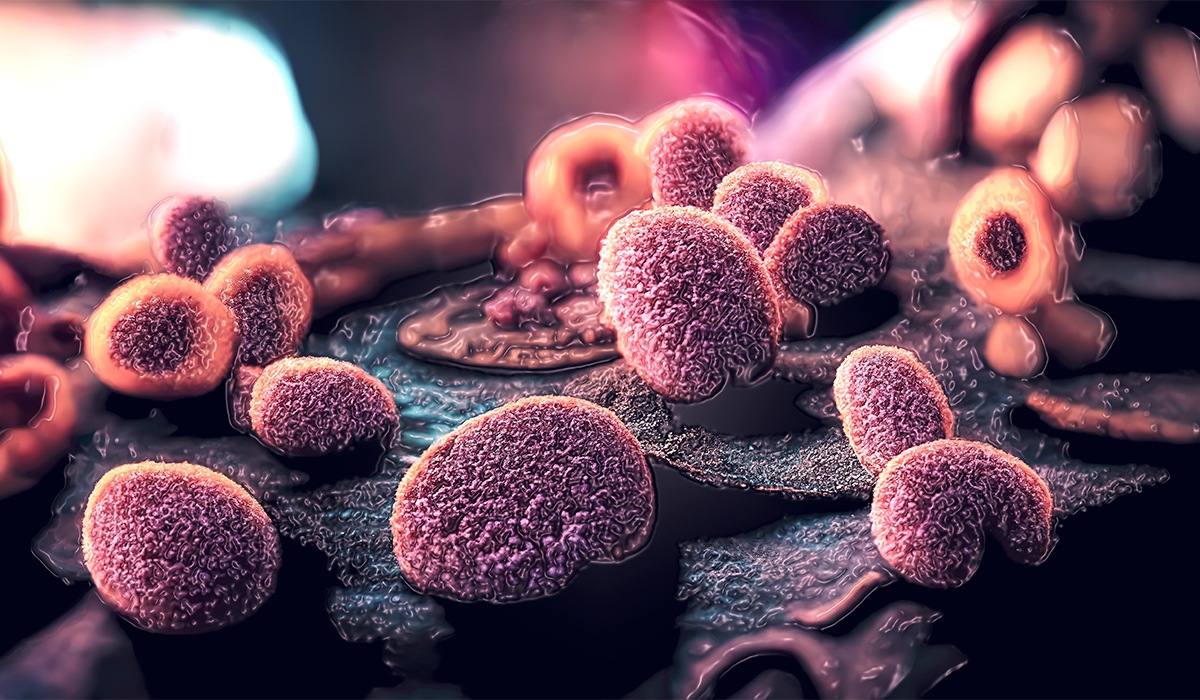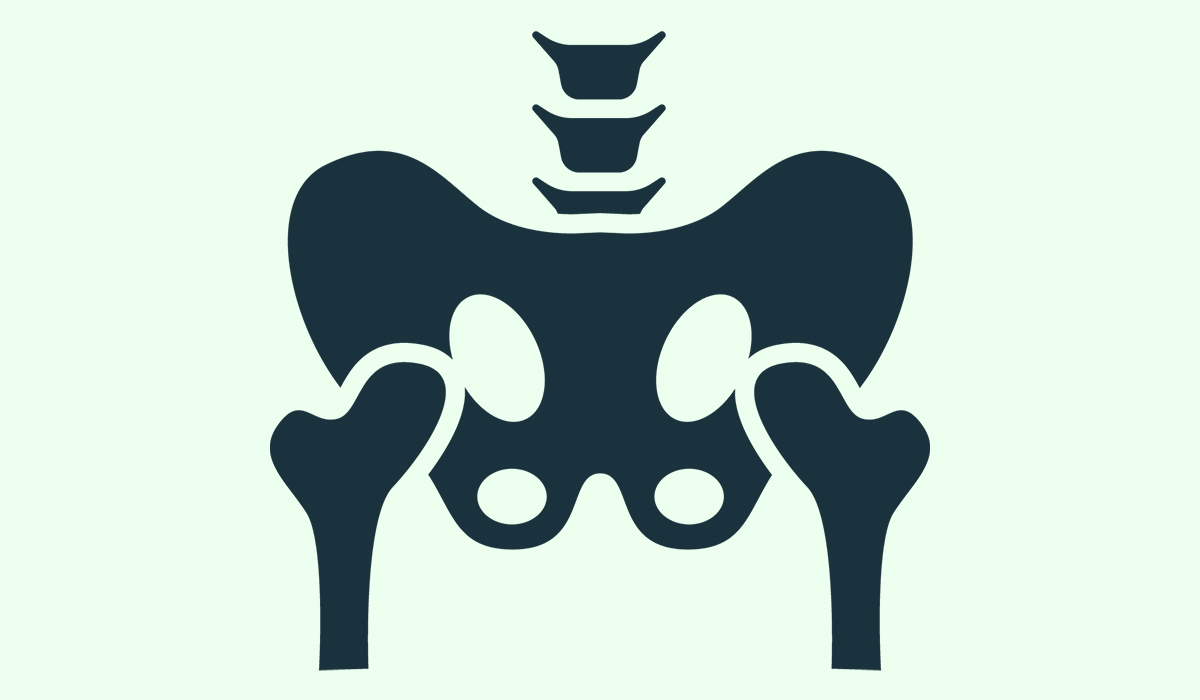Hyperkalemia is diagnosed when the potassium level is over 5.0 mEq/L. Hyperkalemia below 7 mEq/L is usually asymptomatic. However, severely increased potassium levels can cause life-threatening conditions like cardiac arrest or respiratory paralysis.
Potassium
Potassium is a mineral essential for your organism’s normal functioning. It’s present in all body tissues being responsible for controlling how much water we have in our body and supporting electrical signals in our muscles and nerves. This means that an imbalance in potassium level may cause problems with blood pressure and muscle contractions. Don’t forget heart is a muscle so it also needs potassium to work. Potassium helps cells send the right electrical signals enabling the heart to pump blood. Having too much potassium in the body can affect the heart’s rhythm.
The chemical symbol for potassium is K from neo-Latin word ‘kalium’.
Symptoms
If you suffer from chronic hyperkalemia you probably won’t have any symptoms even at increased levels of potassium. It is the rate of increase that matters here. People with sudden, more dramatic potassium shift will develop stronger symptoms. Hyperkalemia symptoms can include:
- Weakness / fatigue
- Naussea / vomiting
- Shortness of breath
- Chest pain
- Palpitations / irregular heart rythm
Hyperkalemia is confirmed with ECG and blood tests. Physical examination alongside obtaining a detailed medical history is also very important as not all patients will have typical changes in ECG. The blood test would usually be repeated as many different things can affect the serum potassium level, including the sample handing.
If you are at risk of hyperkalemia, it is important to have regular check ups. People prone to hyperkalemia due to ongoing health issues, past history of hyperkalemia or on high in potassium diet may not experience the symptoms until the potassium level is dangerously high.

Causes
Several reasons, including certain health conditions and use of medication, can cause hyperkalemia.
- Kidney disease. Because kidneys are responsible for excreting potassium, hyperkalemia is mostly observed in people with kidney diseases and malfunctions. When the kidneys don’t work well, they can’t remove extra potassium from the blood and pass it in urine.
- Addison’s disease. This illness reduces production of aldosterone – hormone responsible for ‘telling’ kidneys when to remove potassium from the body.
- Drugs. Some medications can cause hyperkalemia. It can be either because they increase potassium levels in your body or because they affect how the kidneys function. Drugs that have been connected to risk of hyperkalemia include: some blood pressure drugs, heparin, nonsteroidal anti-inflammatory medications (NSAIDs), potassium supplements and potassium-sparing diuretics.
- Diabetes. Uncontrolled or poorly managed diabetes has got a bad impact on kidney functioning.
- Releasing too much potassium from cells. Some diseases can cause sudden, extensive release of this mineral from cells in the body. This can be caused by trauma, like burns or other injuries, breakdown of muscle tissue (rhabdomyolysis) or breakdown of blood cells (hemolysis).
- Diet. High in potassium diet can lead to hyperkalemia. Please scroll down to the next paragraph to see examples of potassium rich foods.
- Salt supplements. Salt substitutes often constitute of potassium chloride as an alternative for sodium chloride found in table salt. These are not recommended for cooking due to a bitter aftertaste when heated.
- Herbal supplements. Some may contain ingredients increasing potassium level in blood.
Potassium rich foods
The recommended intake of potassium for women is 2,600 mg per day and 3,400 mg a day for men. You should be able to get all the potassium you need from your daily diet, however most Americans don’t meet this goal. Estimations are that the average daily intake of potassium in adult women is about 2,320 mg and 3,016 mg for adult men.
Potassium can be found in various foods like:
- Dried fruit (apricots, dates, prunes and raisins)
- Bananas
- Cantaloupe
- Oranges
- Spinach
- Broccoli
- Beans
- Lentils
- Potatos
- Dairy
- Salmon
- Tuna
- Beef
- Chicken breast
- Tomatos
- Nuts
- Salt substitutes

Foods that are safe to eat
If you have been diagnosed with high potassium blood level or a condition increasing your risk of hyperkalemia you should follow a low potassium diet. The following foods are safe for you to eat:
- Apples
- Berries
- Eggplant
- Cucamber
- Carrots
- Corn
- Cottage chease
- Turkey
- Shrimp
- Water
Treatment of hyperkalemia
The treatment plan will depend on the severity and the cause of it. Your medical professional will advise you to lower your intake of potassium by prescribing a low potassium diet. Low potassium diet allows 2,000 mg of potassium a day. Any medication causing the increase of potassium will be discontinued or changed. They may prescribe you diuretics which support the work of the kidneys and are often called ‘water pills’. Insulin and glucose can be used to drive potassium back into the cells.
If hyperkalemia is caused by kidney failure, hemodialysis should be performed.
In severe cases, the medical professionals will focus on protecting your heart from the impact hyperkalemia may have on your heart muscle. Calcium can be used to shield the heart from potassium toxicity’s negative effects.
The prognosis is excellent for patients with mild hyperkalemia if treated without delay. Acute hyperkalemia can cause cardiac arrhythmias. These can lead to death in up to two-thirds of cases if not rapidly treated.
It is very important to contact medical professionals if you find yourself having the symptoms.
Summary
Potassium is a very important mineral supporting the functioning of our heart, kidneys, nervous system and muscles. It also helps maintain normal fluid levels in the body. It is essential to ensure adequate intake of potassium in your diet however too much potassium can cause hyperkalemia. This is especially true if you have kidney disease, diabetes or take medicines lowering your blood pressure. If you have any symptoms of hyperkalemia, especially chest pains, you should immediately contact medical professionals.
Sources
- National Institutes of Health (NIH) Office of Dietary Supplements (ODS), Potassium, June 2, 2022.
https://ods.od.nih.gov/factsheets/Potassium-HealthProfessional/ - Harvard T.H Chan, Potassium, March 2023.
https://www.hsph.harvard.edu/nutritionsource/potassium/#:~:text=Potassium%20is%20an%20essential%20mineral,foods%20and%20as%20a%20supplement. - Christine Mikstas, Potassium Rich Foods, March 13, 2023.
https://www.webmd.com/diet/foods-rich-in-potassium - Collins English Dictionary, Accessed June 17, 2023.
https://www.collinsdictionary.com/dictionary/english/kalium#:~:text= (%CB%88ke%C9%AAl%C9%AA%C9%99m%20),the%20Latin%20name%20for%20potassium. - Leslie V. Simon; Muhammad F. Hashmi; Mitchell W. Farrell, Hyperkalemia, February 19, 2023.
https://www.ncbi.nlm.nih.gov/books/NBK470284/#:~:text=Hyperkalemia%20is%20defined%20as%20a,%2C%20muscle%20weakness%2C%20or%20paralysis. - Eleanor Lederer, Hyperkalemia, Dec 14, 2021.
https://emedicine.medscape.com/article/240903-overview - NHS UK, Vitamins and minerals – Others, 03 August 2020.
https://www.nhs.uk/conditions/vitamins-and-minerals/others/ - Carsten Lott, Advanced Life Support 2015, European Resustcitation Council
